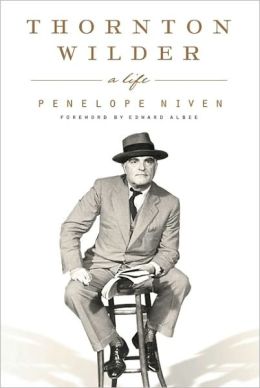 |
| First edition, 1952 |
The Committee Room looks back sixty holiday seasons to Christmas 1952/New Year's 1953 when
John Steinbeck's
East of Eden headed the
New York Times list of bestselling fiction.
Other titles in the fiction top ten were
The Caine Mutiny, Herman Wouk's Pulitzer Prize winning Navy court martial story which by this point had been in the top ten for nearly two years;
Giant, a tale of Texas cattle and oil fortunes, by Edna Ferber;
The Silver Chalice by Thomas B. Costain, an updating of the Holy Grail legend; and Hemingway's
The Old Man and the Sea.
Steinbeck considered
East of Eden his most ambitious and important novel. In November 1951, after completing a full year of arduous work on
East of Eden Steinbeck wrote to a friend -- "In my book just finished I have put all the things I have wanted to write all my life. This is 'the book.' If it is not good I have fooled myself all the the time...Having done this I can do anything I want. Always I had this book waiting to be written."
 |
| First paperback edition, 1954 |
Dedicated by Steinbeck to his two young sons,
Thomas and John IV,
East of Eden is a sprawling saga of two California families -- the Hamiltons, closely based on Steinbeck's mother's family, and the fictional Trasks -- that spans the decades from the Civil War through World War I. Published by
Viking in September 1952,
East of Eden received mixed reviews. Few critics considered it superior to Steinbeck's
The Grapes of Wrath, the 1939 bestseller about Oklahoma migrants to California which won the Pulitzer Prize and the National Book Award.
In December 1952, Steinbeck wrote -- "I guess I just don't bring out the best in critics. Maybe I've been around too long. The tradition is that writers of English die young. Maybe that outrages them. The pleasant thing is that people go right on reading the books."


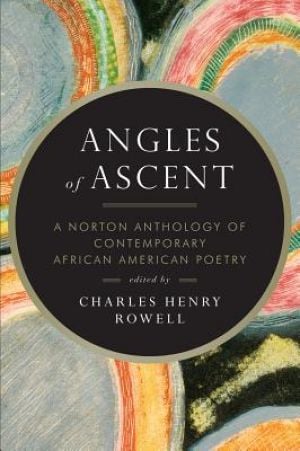

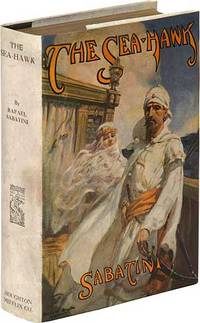



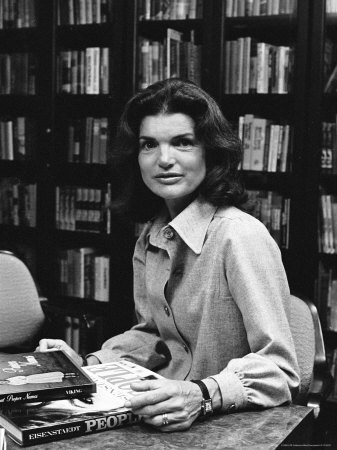











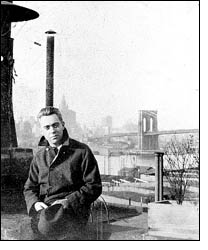

.JPG)

